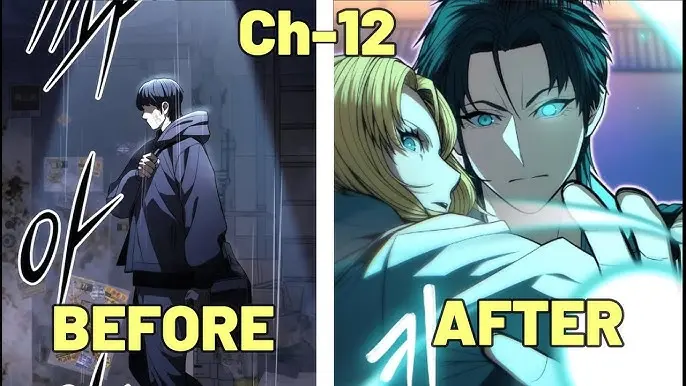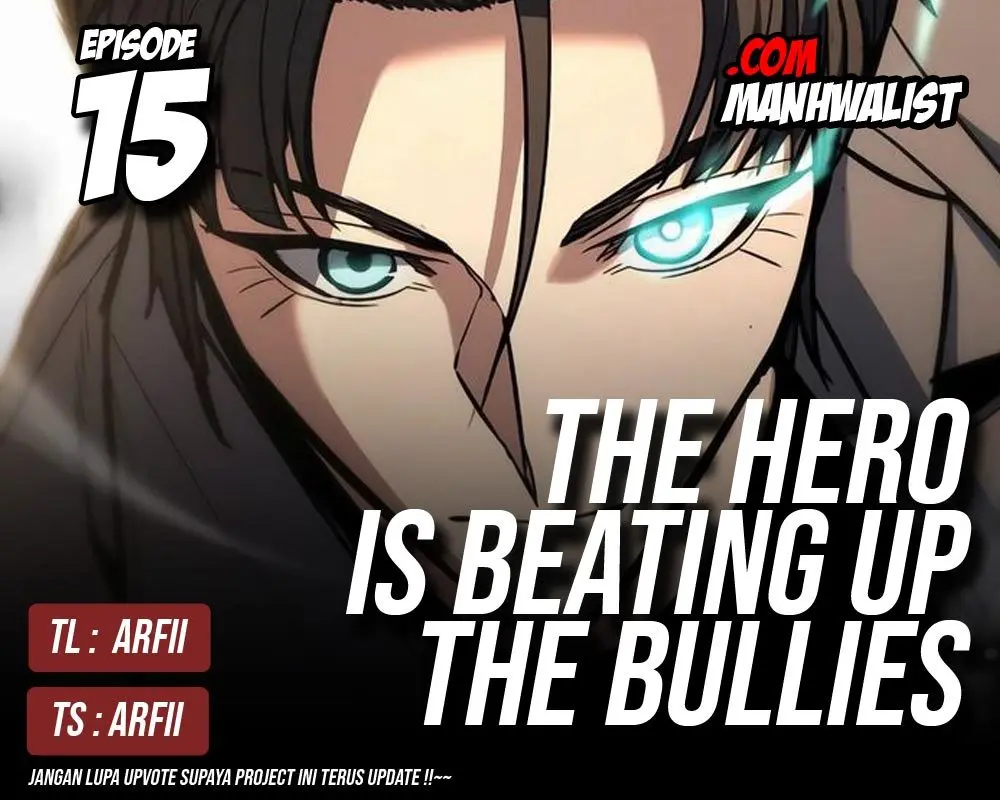Introduction
In recent years, the genre of fantasy fiction has seen a fascinating subgenre emerge: the “expelled hero” narrative. This trope has captured the imaginations of readers and viewers alike, becoming a popular theme in manga, anime, light novels, and even web serials. The premise is simple yet compelling a hero, often powerful and righteous, is expelled from a group, kingdom, or institution, only to grow even stronger in isolation. But what is it about these stories that resonate so deeply with audiences? And why are they becoming such a significant part of modern fantasy literature?
In this article, we will explore the elements that make “expelled hero is Too Strong” stories so appealing, analyze the most popular examples, and examine the cultural and psychological factors driving their popularity. Whether you’re a seasoned reader of fantasy fiction or new to the genre, this in-depth exploration will provide you with valuable insights into why “expelled hero is too strong a trend to ignore.

Understanding the “Expelled Hero” Trope
The “expelled hero is Too Strong” trope centers around a protagonist who, despite their inherent strengths, is cast out by their peers, society, or even by those they have served loyally. This expulsion usually happens due to jealousy, misunderstandings, or the hero’s unorthodox methods that challenge the status quo. However, instead of succumbing to despair, the hero often embarks on a journey of self-discovery, becoming even more powerful and independent.
Key Elements of the Trope:
- Initial Expulsion: The story begins with the hero being unfairly dismissed or exiled.
- Growth in Isolation: The hero uses the isolation to hone their skills, gaining new powers, allies, and wisdom.
- Return or Revenge: The hero eventually returns to confront those who wronged them, often leading to a dramatic showdown.
This trope taps into universal themes of resilience, justice, and the underdog’s rise—elements that have a timeless appeal.
The Psychology Behind the Appeal
Why do “expelled hero” stories resonate so strongly with audiences? The answer lies in the psychological appeal of these narratives. At their core, these stories offer a form of wish fulfillment. Many people, at some point in their lives, have felt undervalued, misunderstood, or unfairly treated. The “expelled hero is Too Strong” story allows readers to vicariously experience a triumph over such adversity.
Key Psychological Factors:
- Empathy and Identification: Readers can easily empathize with the hero’s plight, reflecting their own struggles.
- Catharsis: The hero’s eventual success offers a satisfying emotional release for the audience.
- Power Fantasy: The hero’s growth into a powerful figure fulfills a desire for strength and control.
Moreover, these stories often reflect societal issues, such as the rejection of non-conformity or the consequences of standing up to unjust authority. The “expelled hero” becomes a symbol of resistance against these forces, making the narrative even more compelling.
Popular Examples of the “Expelled Hero” Trope
Several works have popularized the “expelled hero is Too Strong” trope in recent years. Below are some of the most notable examples:
“Arifureta: From Commonplace to World’s Strongest”
This light novel series, which has also been adapted into an anime, is a quintessential example of the trope. The protagonist, Hajime Nagumo, is betrayed by a classmate and left for dead in a dungeon. However, instead of dying, he survives, becomes incredibly powerful, and embarks on a quest for revenge.
- Why It Works: Hajime’s transformation from a weak and timid character to a powerful and vengeful hero is the crux of the story. The narrative appeals to those who have ever felt underestimated or betrayed.
The Rising of the Shield Hero
Another popular series, “The Rising of the Shield Hero,” follows Naofumi Iwatani, who is summoned to a fantasy world as one of four heroes. However, he is falsely accused of a crime and ostracized. Despite this, he grows stronger on his own, eventually proving his worth and gaining the respect he was initially denied.
- Why It Works: Naofumi’s journey from disgrace to heroism resonates with readers who appreciate stories of redemption and justice.

“Redo of Healer”
A more controversial take on the trope, “Redo of Healer” follows Keyaru, a healer who is betrayed and abused by those he trusted. After gaining the power to turn back time, he seeks revenge on his tormentors, using his newfound strength to change his fate.
- Why It Works: The darker themes of revenge and retribution, combined with the protagonist’s ultimate power, cater to readers who enjoy more complex, morally ambiguous stories.
Cultural Influences and the Rise of “Expelled Hero” Stories
The growing popularity of “expelled hero is Too Strong” stories is also influenced by cultural factors. In particular, the rise of Japanese light novels and anime has played a significant role in spreading this trope globally.
Japanese Light Novels and Anime
The “expelled hero is Too Strong” trope is deeply rooted in Japanese light novels, a genre known for its unique blend of fantasy, adventure, and character-driven narratives. These stories often explore themes of isolation, perseverance, and self-reliance—values that resonate with both Japanese and international audiences.
- Cultural Impact: The globalization of anime and manga has introduced these themes to a wider audience, making the “expelled hero is Too Strong” trope more prevalent in Western media as well.
Western Adaptations and Influences
As the “expelled hero” trope gains popularity, Western authors and creators are beginning to incorporate similar themes into their works. This cross-cultural exchange enriches the fantasy genre, offering readers a diverse range of stories that explore the idea of overcoming rejection and adversity.
- Example: Western novels like The Name of the Wind by Patrick Rothfuss feature protagonists who, though not “expelled” in the traditional sense, face significant rejection and isolation, only to emerge stronger and more capable.
explore your knowledge about Ballyshannon Traveller Fight
The Future of the “Expelled Hero” Trope in Fantasy Fiction
The “expelled hero” trope shows no signs of slowing down. As readers continue to seek stories that offer both escapism and emotional resonance, this narrative structure is likely to remain a staple in fantasy fiction.
Evolving Themes
As the trope evolves, we can expect to see more complex and diverse stories. Future narratives may explore different facets of expulsion and isolation, such as heroes who are expelled for reasons other than power struggles—perhaps due to moral dilemmas, cultural clashes, or personal beliefs.
Subversions and Innovations
Writers are also likely to experiment with subverting the trope, creating stories where the hero’s expulsion leads to unexpected outcomes. For example, a hero might embrace their outcast status, choosing to remain separate from society rather than seeking revenge or redemption.
- Potential Trends: We may also see more “anti-heroes” in this space—characters who are expelled not for their virtues but for their flaws, and who grow stronger in morally ambiguous ways.
Writing Your Own “Expelled Hero” Story: Tips and Tricks
If you’re inspired to write your own “expelled hero” story, here are some tips to help you get started:
Focus on Character Development
The heart of any “expelled hero is Too Strong” story is the protagonist’s journey. Ensure that your character undergoes significant development, both in terms of power and personality. Readers should be able to see how the expulsion has shaped the hero, making them stronger, wiser, and perhaps more cynical.

Create a Compelling World
The world in which your hero exists is crucial to the story’s success. Whether it’s a high fantasy realm or a dystopian future, the setting should be rich with detail and obstacles that challenge the hero’s growth.
Explore Different Types of Expulsion
While the classic expulsion is from a group or society, consider other forms of rejection. Your hero could be expelled from a family, a relationship, or even from their own body (as in stories of possession or transformation).
Embrace the Trope’s Flexibility
The “expelled hero is Too Strong” trope is highly adaptable. You can blend it with other genres, such as sci-fi, horror, or romance, to create a unique story that stands out from the crowd.
Conclusion
The “expelled hero” trope taps into fundamental human experiences—feelings of rejection, the desire for justice, and the drive to prove one’s worth. Its growing popularity in fantasy fiction is a testament to its emotional resonance and narrative power. Whether you’re a reader looking for your next favorite story or a writer seeking inspiration, the “expelled hero” is a trend that offers rich possibilities for exploration.




